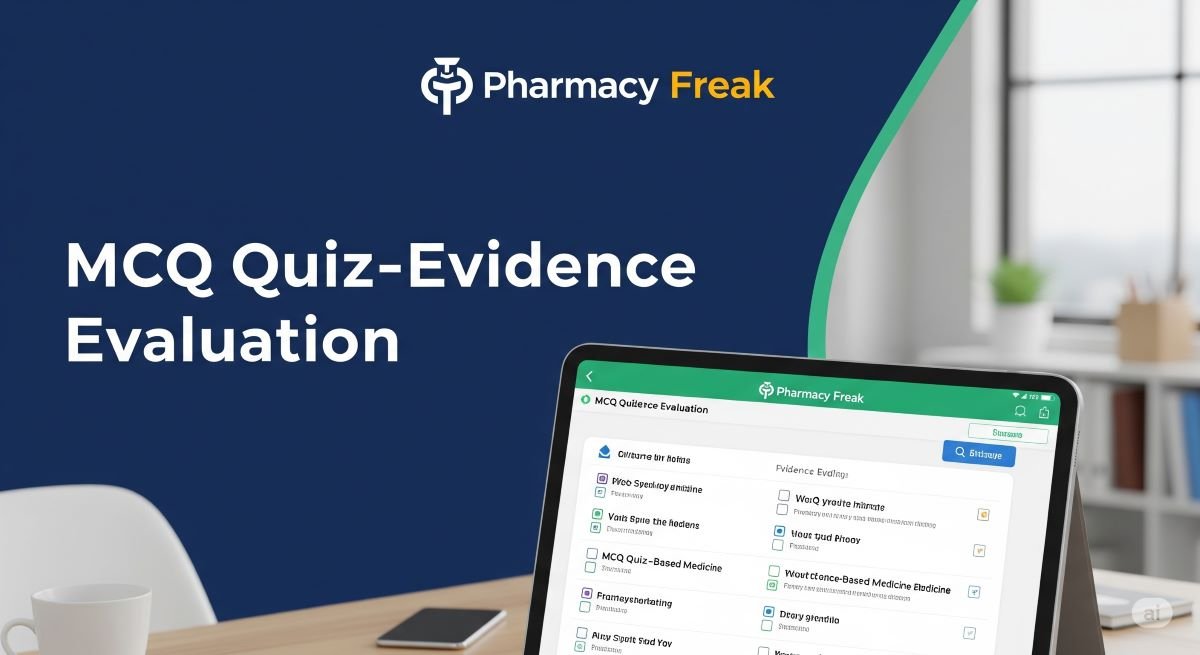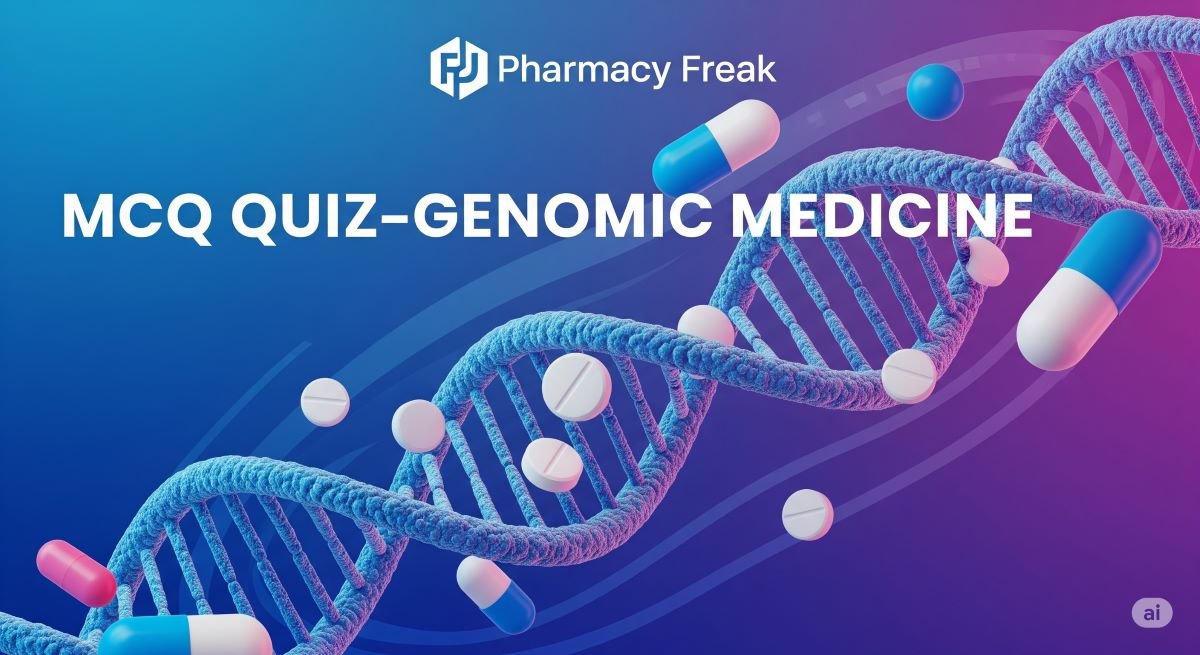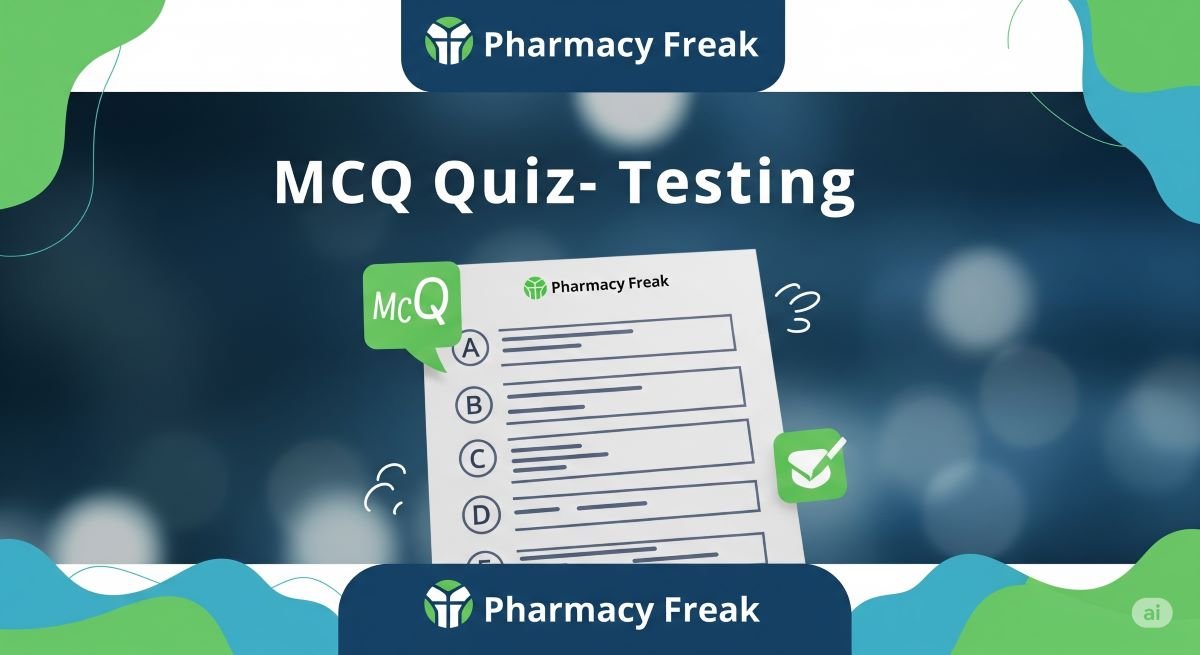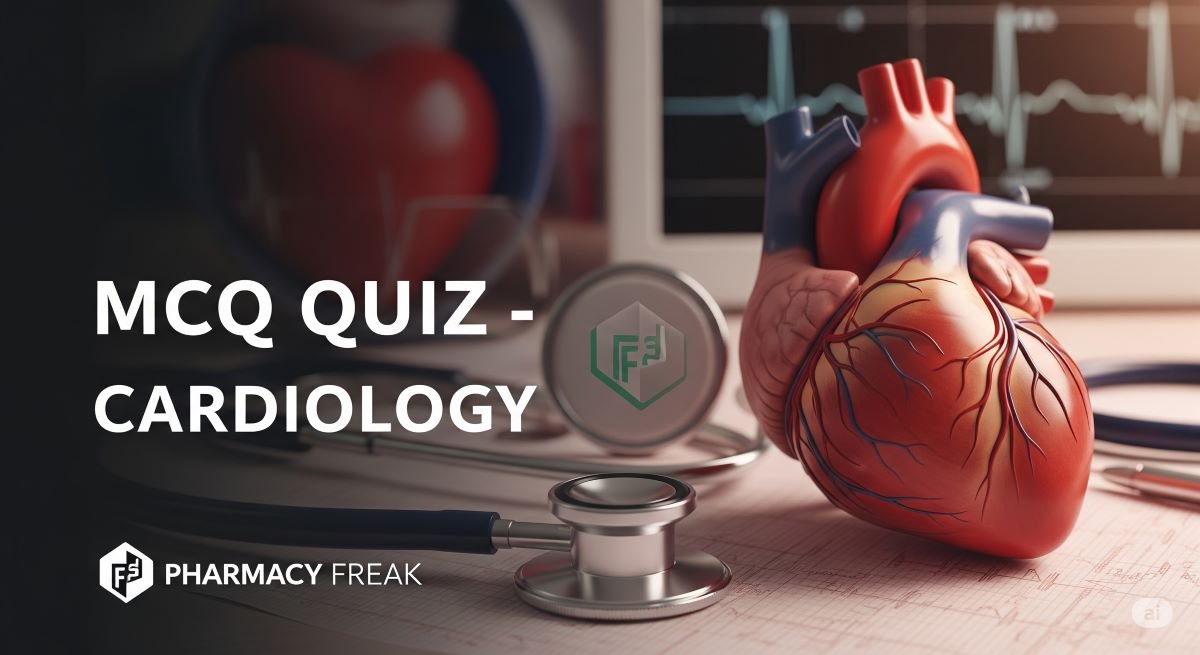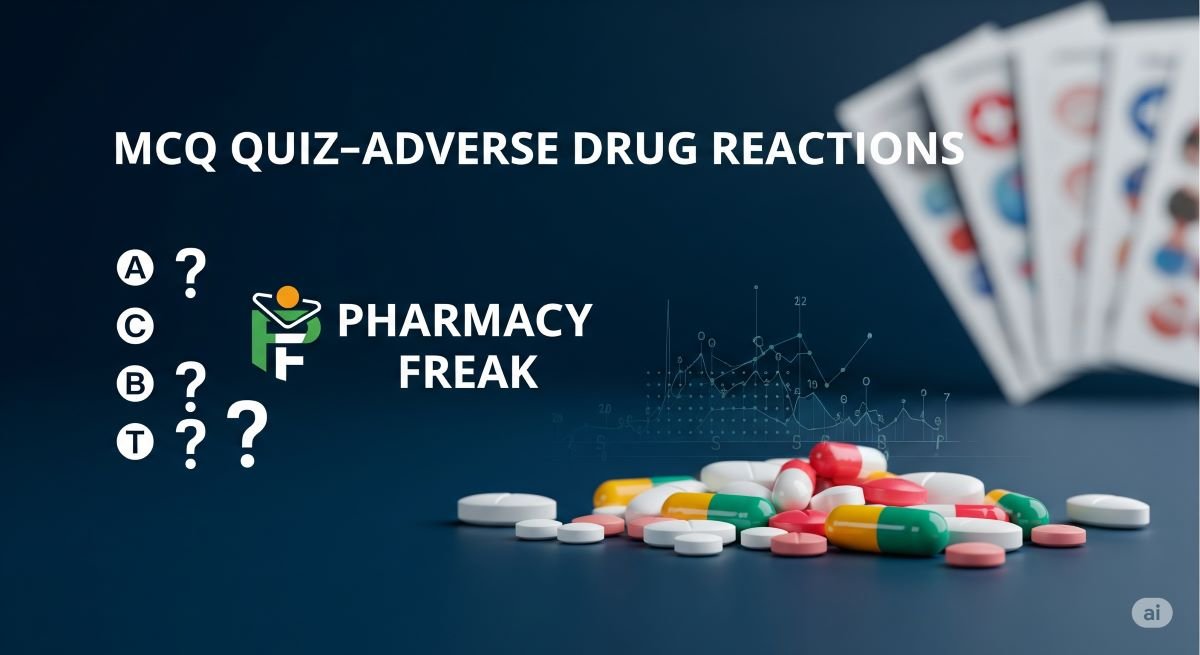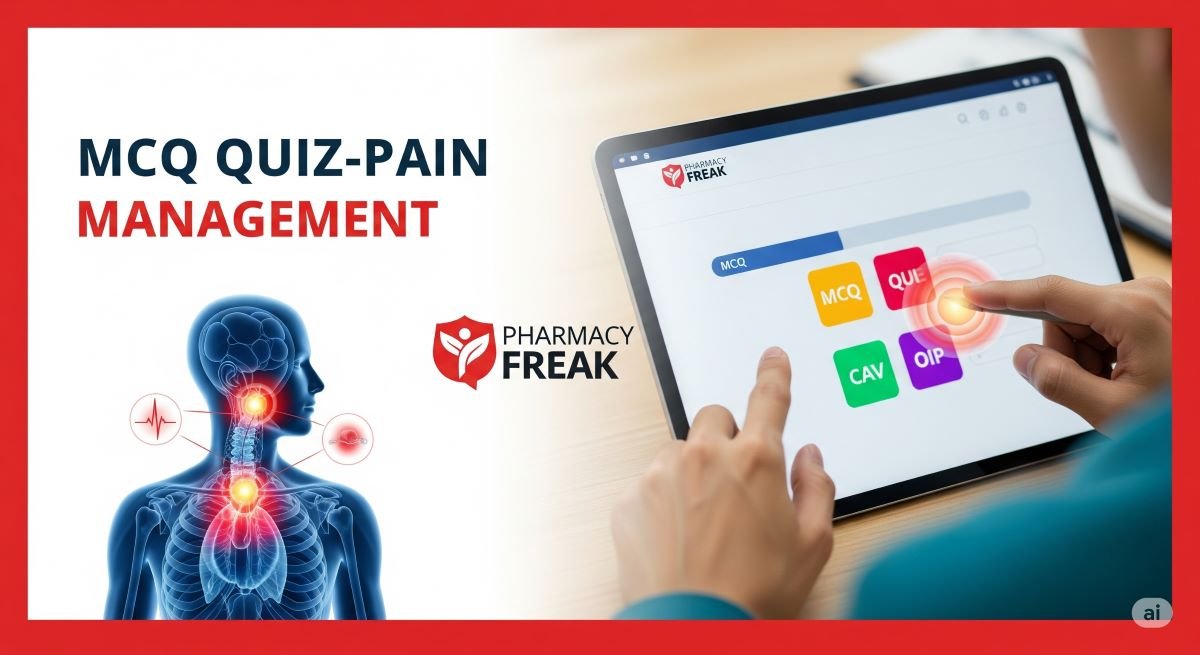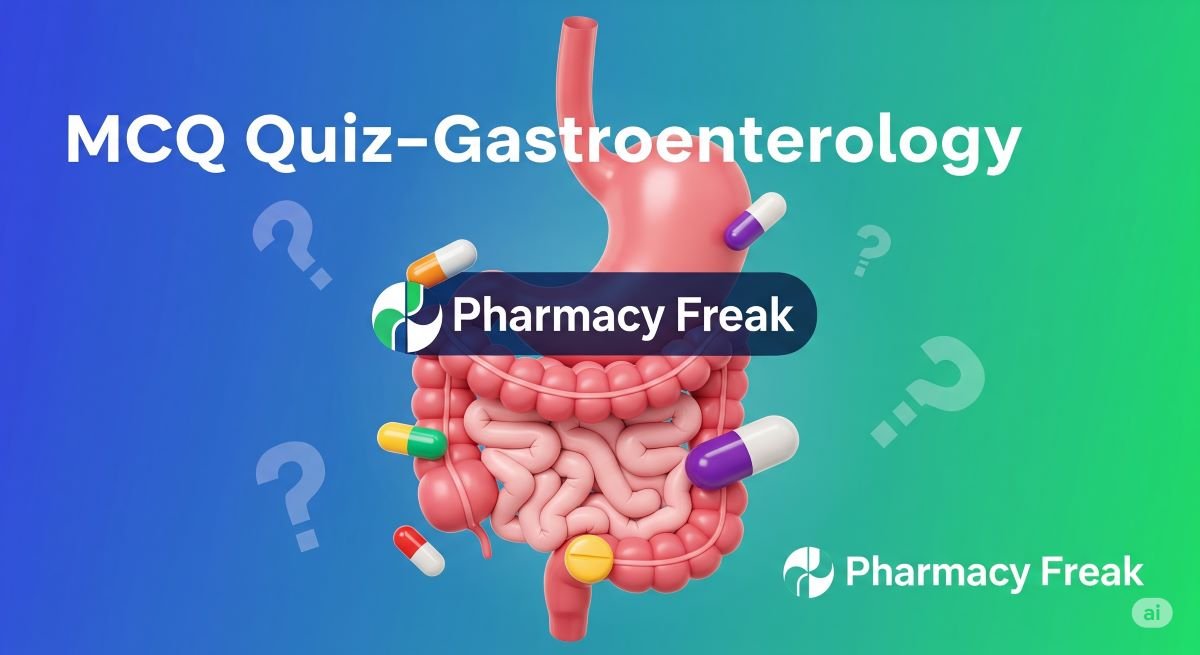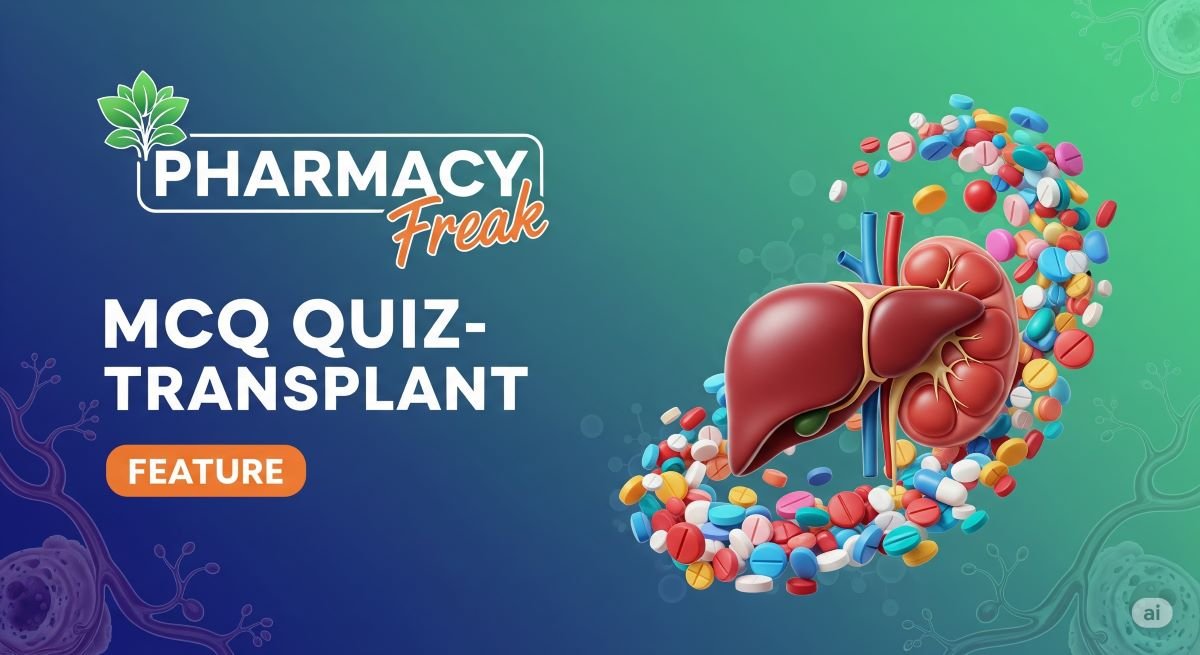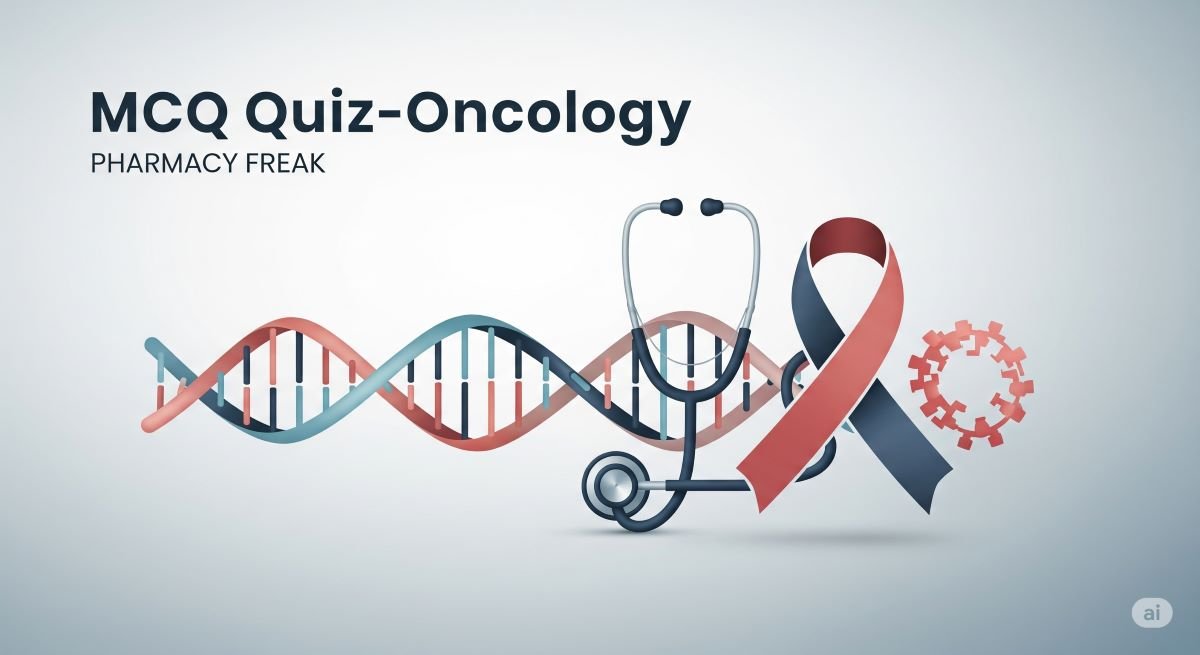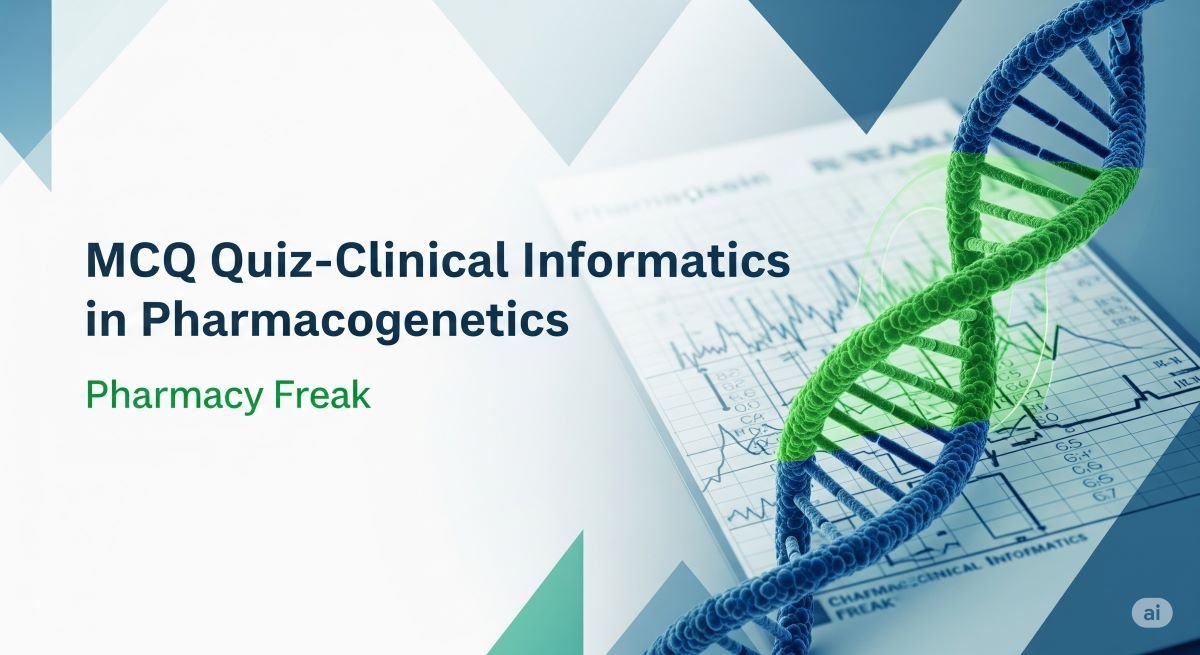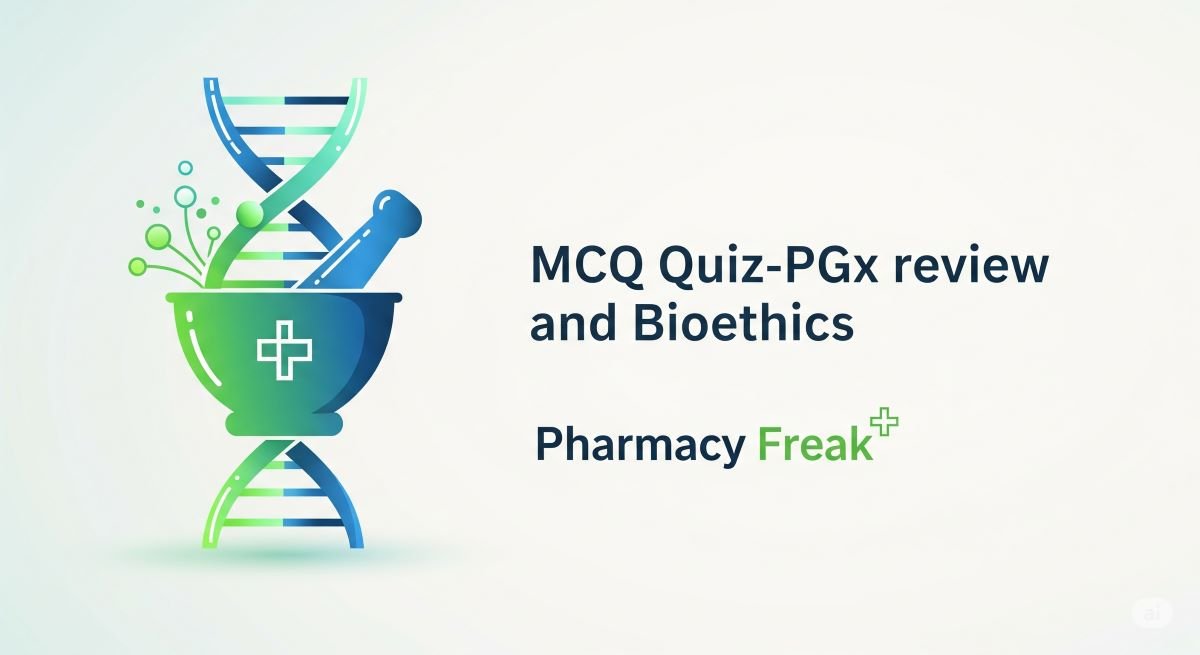
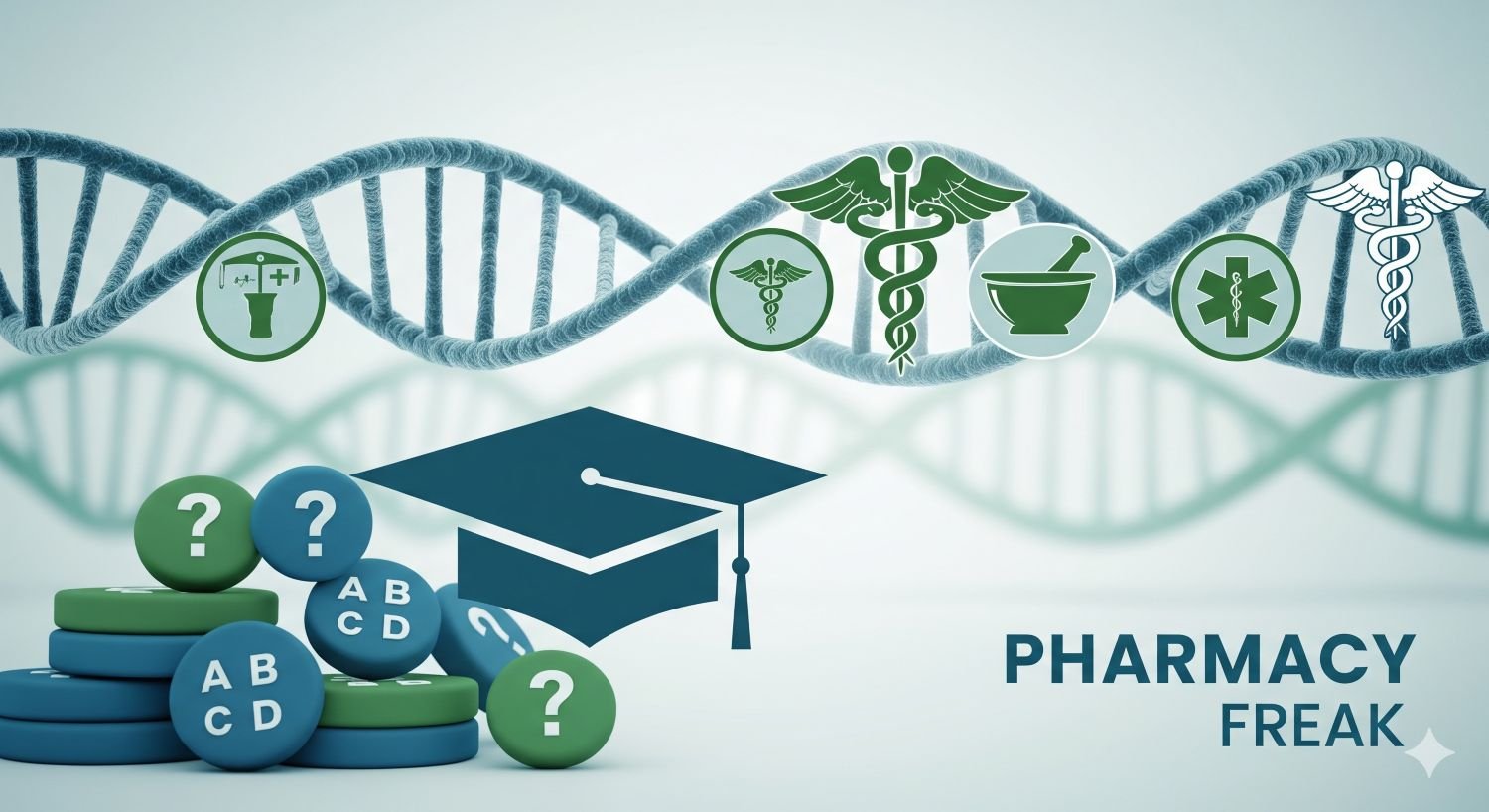
Excel at Clinical Applications of Personalized Medicine MCQs
Personalized medicine is transforming healthcare by tailoring drug therapy to each patient’s genetic makeup, lifestyle, and health profile. These MCQs test your ability to apply precision medicine concepts in real clinical scenarios—ensuring patients get the safest, most effective treatments.
What’s Covered in Personalized Medicine Applications?
This subject dives into the practical use of pharmacogenomics and precision medicine in pharmacy practice. You’ll explore how genetic variations influence drug metabolism, how to interpret pharmacogenomic test results, and how to apply this knowledge to patient care across multiple disease states.
What Will Personalized Medicine MCQs Test?
Core Focus Areas
Pharmacogenomic Testing:
Expect questions on when and how genetic testing should be ordered, and how to interpret results for drug selection or dosing.Drug-Gene Interactions:
MCQs will cover common drug-gene relationships—like CYP2C19 with clopidogrel, CYP2D6 with antidepressants, and HLA-B*57:01 with abacavir.Tailored Therapy Selection:
You’ll see case-based scenarios on choosing the best medication or adjusting therapy based on patient genetics and comorbidities.Clinical Guidelines:
Expect questions on CPIC and FDA pharmacogenomic labeling recommendations, and how they guide treatment decisions.Patient Counseling:
MCQs may test your ability to explain genetic testing results, address patient concerns, and discuss the impact of precision medicine on therapy.Ethical and Practical Considerations:
Look for questions about privacy, informed consent, and barriers to implementing personalized medicine in pharmacy practice.
Why These MCQs Matter
Here’s the thing: personalized medicine isn’t just a trend—it’s the future of pharmacy. Mastering these MCQs builds your ability to apply genetic knowledge in practice, improve outcomes, and avoid serious adverse drug reactions.
Tips for Success with Personalized Medicine MCQs
1. Know the Key Drug-Gene Pairs:
Focus on high-yield relationships that are commonly tested and clinically relevant.
2. Apply Clinical Judgment:
Don’t just memorize facts—practice making therapeutic decisions based on genetics and guidelines.
3. Stay Current:
Choose answers that reflect the latest CPIC and FDA updates.
4. Communicate Clearly:
Pick responses that emphasize patient-friendly explanations and shared decision-making.
5. Balance Science and Practice:
Remember, the best answers link genetic evidence with real-world patient care.
Building Precision Pharmacy Skills
Mastering Clinical Applications of Personalized Medicine MCQs prepares you to thrive in a rapidly evolving field. Each question is a chance to sharpen your critical thinking and bring the benefits of precision medicine directly to patients.
